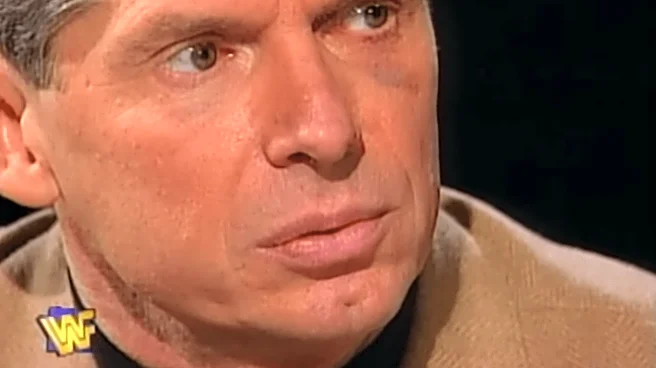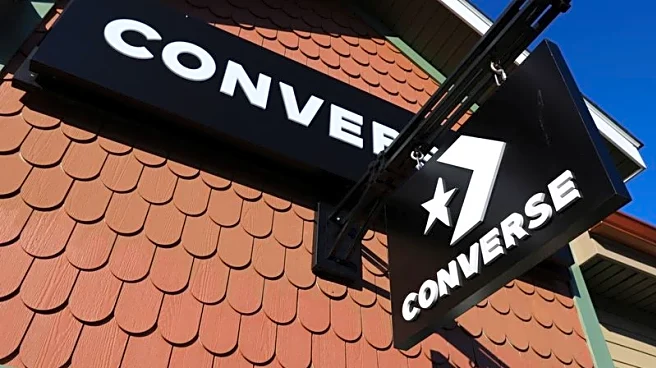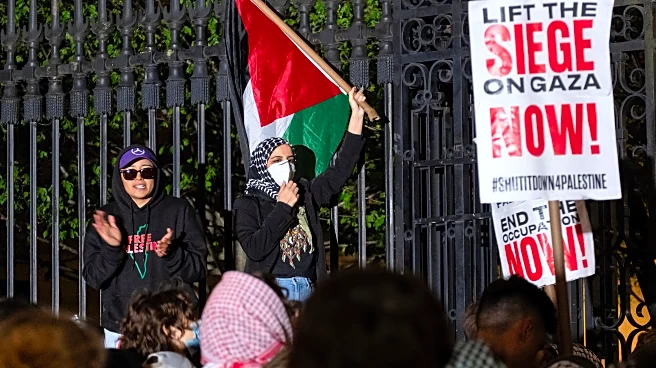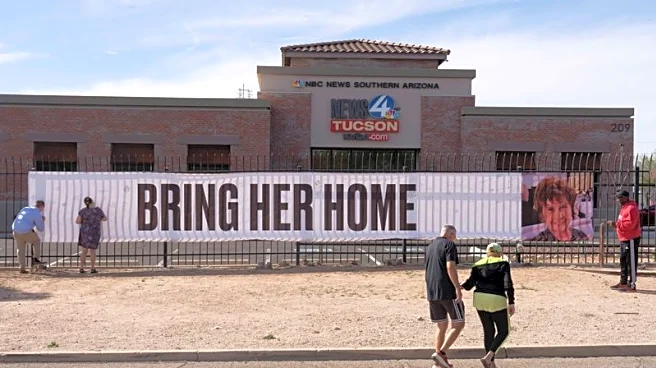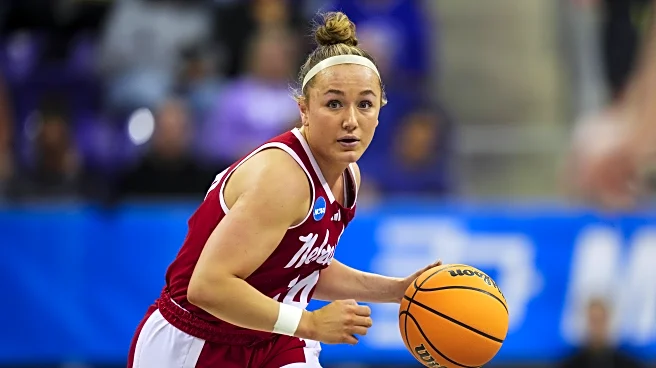November 9, 1997, is a day that will live in infamy, and no, that’s not hyperbole.
On that day, Bret Hart lost the WWE Championship to Shawn Michaels in the most controversial finish in wrestling history. In front of Hart’s countrymen in Canada at Montreal’s Molson Centre, then-WWE owner Vince McMahon called for the bell as Michaels trapped Hart in Bret’s signature hold, the Sharpshooter.
In storyline, it was to appear as if Hart had submitted. But the reality was clear: Hart had been screwed out of
the title by his boss.
The story began months earlier, when McMahon came to Hart looking to back out of a multi-year deal they had signed the previous year. With rival promotion WCW breathing down his neck, McMahon allegedly couldn’t afford to keep Hart, reportedly his highest-paid star.
But what most fans don’t know is that while McMahon was telling Hart that his company was in “financial peril,” McMahon would later look to bring back former WWE star the Ultimate Warrior after Survivor Series. In December, an offer was sent to the Warrior. The deal was for five years and a guaranteed $750,000 per year plus royalties, but nothing came of it, and Warrior later signed with WCW in 1998.

Whatever McMahon’s reasons were for wanting him gone, ultimately, he and Hart negotiated an early out for Bret, who was then free to negotiate with WCW. The problem, however, was that Hart was the reigning WWE Champion. Fearing Hart might show up on WCW television with his title, McMahon, with the advice and help of others, orchestrated a finish that would ensure Michaels, not Hart, would leave with the title.
At the time, Michaels and Hart were locked in a bitter personal rivalry, on-screen and off. According to accounts told by Hart, he was willing to do the right thing and drop the title to Michaels. But when Michaels told Hart he wouldn’t do the same for him, Hart refused to lose.
In the 1998 documentary Hitman Hart: Wrestling with Shadows, Hart, wearing a mic, went into a meeting with McMahon to discuss the finish. They appeared to agree on a schmoz, or non-finish. In that scenario, neither man would have lost. Instead, Hart, who had creative control in his contract for the remainder of his time in WWE, would simply surrender the title and say his goodbyes.
But, as the legend goes, McMahon was worried that Hart might trash his title on WCW programming. The idea wasn’t far-fetched, as in 1995, WWE Women’s Champion Alundra Blayze turned up on WCW Nitro and dumped the belt in a trash can in front of a worldwide audience.
For what it’s worth, Eric Bischoff, who was in charge of WCW at the time, said years later on his podcast 83 Weeks that it was never a possibility. He explained that, as WCW had faced litigation from WWE before, “had Bret showed up with that WWF belt, which was a trademarked piece of property of WWF at the time, I would have had my balls cut off and stuffed down my throat by Turner Broadcasting attorneys.”
Regardless, McMahon held steady in his belief. After the infamous bout, McMahon sought to speak to Hart. Instead, according to Hart, he knocked McMahon out with one punch in the dressing room. In a scene from Hart’s documentary, a wobbly McMahon, accompanied by his son Shane, is seen walking down the hall of the arena.
Weeks later, McMahon, believing he was the real-life good guy in this situation, went on Raw to plead his case, believing fans would side with him. Sporting a black eye from his altercation with Hart, McMahon called his former star’s actions selfish. He accused Hart of not wanting to do “the time-honored tradition” of losing and making the superstars who helped make Hart.
In a line that fans still quote to this day, McMahon said it wasn’t him who screwed Hart, but “The Hitman” himself.
“Bret screwed Bret,” McMahon proclaimed.

Fans were not, however, buying what McMahon was selling. Known mostly as an announcer to casual viewers, he was now outed on his programming as the company owner. Instead, their resentment led to them booing McMahon, who continued his role as an on-screen interviewer for a short time afterward.
But as a result, McMahon morphed into an evil owner and began a feud with “Stone Cold” Steve Austin, seen as the everyman by fans. Their rivalry launched WWE into another stratosphere, boosting its ratings over WCW. WWE ultimately purchased WCW and became a publicly traded company.
As for Hart, his career wasn’t quite the same. Though he would capture the WCW World Title, Hart was often involved in confusing storylines with the heel faction, the nWo. In a match against Bill Goldberg in December 1999, Hart sustained a concussion following an errant kick by Goldberg. Hart continued to wrestle for a few weeks before being forced into retirement in 2000.
In the years that followed, “You Screwed Bret” chants dogged McMahon, Michaels, and Earl Hebner, the referee who called for the bell at Survivor Series. While Hart was in WCW, his brother Owen, who remained in WWE, died less than two years later in a stunt gone wrong during a live pay-per-view, Over the Edge. The show continued despite the tragedy, though McMahon and WWE faced widespread criticism for the decision.
For years, it seemed like a reconciliation would never happen. But after Hart suffered a stroke following a cycling accident in 2002, he and McMahon began to talk. Hart’s career became the focus of a “best-of” DVD in 2005, and he was inducted into the WWE Hall of Fame in 2006 — the first of three inductions.
However, Hart’s resentment of Michaels and Michaels’ co-conspirator, Paul “Triple H” Levesque, persisted. But in 2010, Hart returned to WWE and, in an emotional scene on Raw, buried the hatchet with Michaels. He later wrestled a few, carefully staged matches for the company, including a match against McMahon at WrestleMania XXVI.
Even with most fences mended, the Montreal Screwjob remains wrestling’s most infamous moment. While similar incidents occurred — like Wendi Richter losing the WWE Women’s Title in 1985 — none were as dramatic or seismic as the 1997 Survivor Series.
In a single moment, the line between make-believe and reality was shattered, and the fortunes of WWE and the life and career of Bret Hart, as well as the industry itself, were changed forever.
